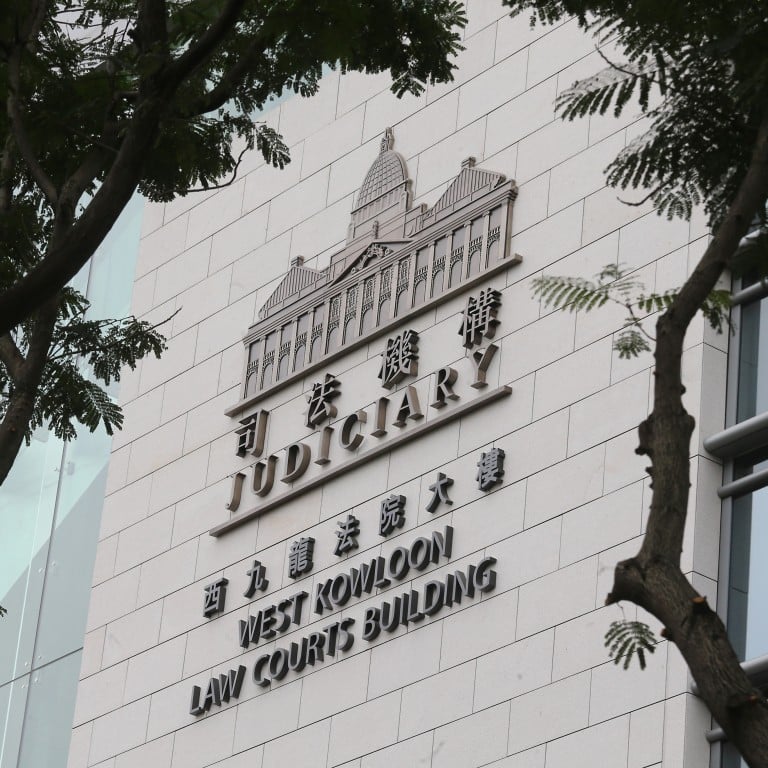
Hong Kong 47: court hears closing submissions on conspiracy to commit subversion charges over unofficial Legislative Council primary
- Prosecution tells West Kowloon Court ‘unlawful means’ do not require an element of violence to put country’s safety at risk
- Judges told by defence lawyers national security law does not specify that subversion could be committed by non-violent means
A failed attempt by 47 Hong Kong opposition figures to win control of the legislature through an unofficial primary election would have been capable of subverting state power even if no violence was used, a court has heard.
Four primary organisers, including legal academic Benny Tai Yiu-ting, were among 31 defendants who pleaded guilty or indicated they would admit liability.
A major contention at trial was whether the remaining 16 defendants had used any “unlawful means” to achieve their political goals.

Jonathan Man Tak-ho, a deputy director of public prosecutions, argued an unlawful act did not necessarily entail an element of violence, as the national security legislation was designed to suppress any scheme that put the country’s safety at risk.
Defence lawyers in their written submissions highlighted the lack of an express provision that a subversion offence could be carried out by non-violent means.
But Man insisted it was not open to the court to narrow the interpretation of the legislation.
He suggested the 2020 primary was unlawful in the sense that the 47 had plotted to violate the lawmakers’ oath of office after they secured a majority in Legco, which would also have constituted an offence of conspiracy to commit misconduct in public office.
Hong Kong court gives go-ahead for subversion case against 16 opposition figures
Man said an illegal act might also refer to an abuse of power or a failure to bear allegiance to the city.
He added that lawmakers might be said to have “unlawfully” vetoed the budget if it could be shown that they had decided to reject the government’s financial blueprint for a year irrespective of its merits.
Man also argued it was not a defence for the 16 to suggest they believed the primary election and the subsequent plan to veto the budget were within the bounds of the law.
But counsel for some of the 16 defendants told the court their clients had never reached a criminal agreement to paralyse the government.
29 Hong Kong opposition figures to plead guilty to subversion charges
Randy Shek Shu-ming, who appeared for activist Gordon Ng Ching-hang, said his client was at most a “volunteer” and only concerned with winning more than 35 seats for the opposition in the then 70-seat legislature.
Shek added that Ng, alleged to have been a primary coordinator, could not have been involved in the conspiracy because of the minimal contact he had with Benny Tai and the other organisers.
The trial continues.
The three judges, approved by the chief executive to hear national security cases, are expected to deliver their verdict in up to four months’ time.
